Get a taste for the countryside with foraging days
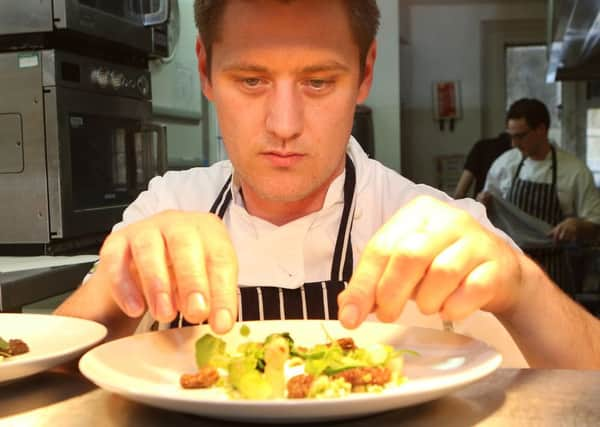

The Peacock at Rowsley, part of Lord Edward Manners’ Haddon Hall estate, is to open up the seldom seen medieval parkland in the hall’s magnificent grounds on specially organised ‘foraging days’.
Lord Manners says he wants to allow the people who visit the Peacock to enjoy and learn more about the area and has drafted in renowned author, lecturer and TV personality, Dr Patrick Harding, to help him.
Advertisement
Hide AdAdvertisement
Hide AdHe said: “What we are trying to do is to join the Peacock to the hall more and give people who come here a chance to explore the stunning Peak District countryside around it. And, of course, to have some fun as well.”
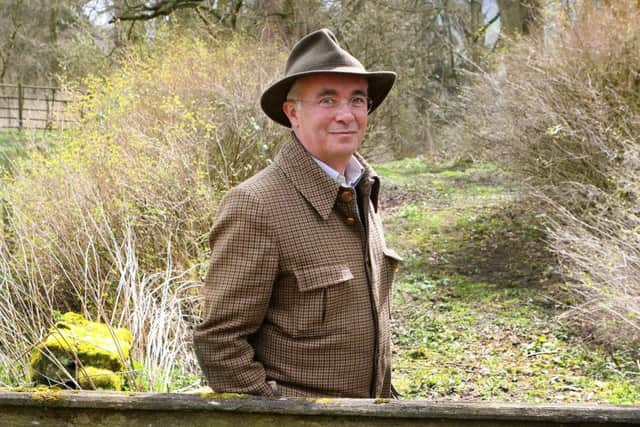

When we get to the hall, almost before we have left the minibus, Dr Harding has found something.
He runs over to the grass verge and points out an arrow-shaped leaf on the ground. We all taste the unidentified plant and pull our faces at the surprisingly sour and lemony flavour.
“That’s sorrel”, says Dr Harding. “It’s related to rhubarb and gooseberries and makes beautiful soups and stocks.”
Advertisement
Hide AdAdvertisement
Hide AdA few paces further up the track the infectiously enthusiastic expert finds some ground ivy which he tells can be used to make herbal tea.
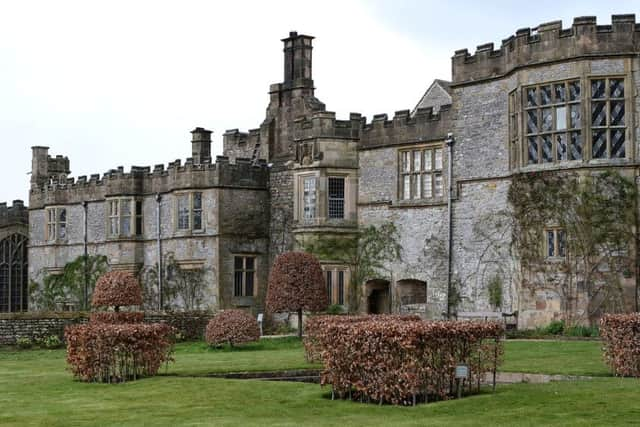

“It’s a different flavour but it’s like anything - you just have to get used to it,” he explains.
One of the group takes the opportunity to ask, facetiously, if it might get you high. “No, but don’t get me started on things that get you high, we’d be here all day!” says Dr Harding.
Over the course of the next few minutes, we find ground elder (introduced to Britain by the Romans and like spinach), wild arum (used in the laundry industry) and feverfew (related to the daisy and used to treat migraine headaches).
Advertisement
Hide AdAdvertisement
Hide AdHowever, despite Dr Harding’s obvious excitement at all the flora on show, it is with fungi that he really comes into his own.
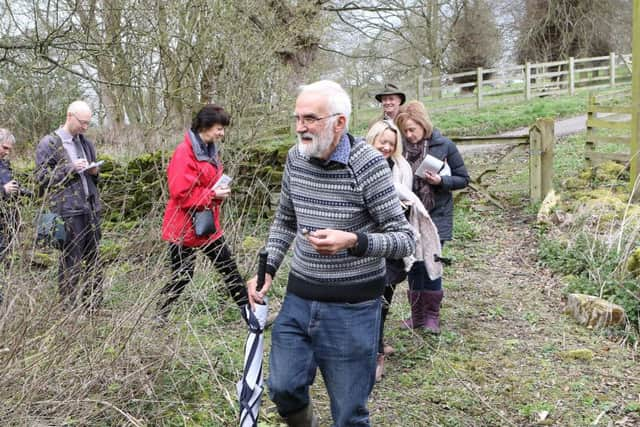

He points out an elder tree on which is growing a strange-looking - and strange feeling - type of fungus.
He says: “The story is that after betraying Jesus, Judas Iscariot hung himself in an elder tree and hence the fungus that grows on it is his ear.”
Over the years it stopped being Judas’ ear and became Jew’s ear and is sometimes referred to now by the more politically correct name of jelly ear. It adds a glutinous, soupiness to food and is used by the Chinese to thicken sauces.
Advertisement
Hide AdAdvertisement
Hide Ad“That is what I love about foraging,” continues Dr Harding. “I love a good walk but if you can find things to eat as well while you are doing it, then why not?”
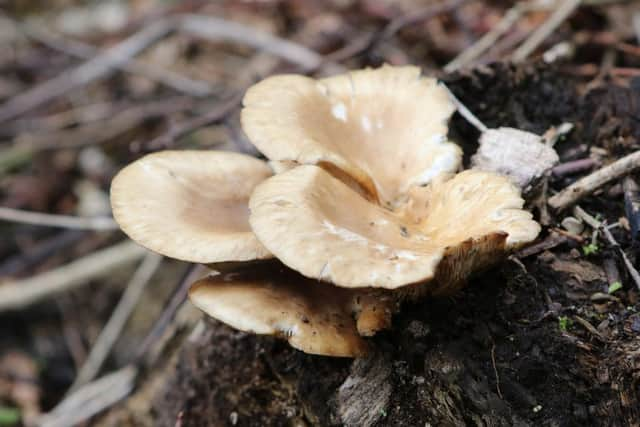

Before heading back into the hall to escape a rain shower, Lord Manners takes the time to point out a series of recently planted oak trees.
“These were oaks which I planted with my wife and children using acorns from another of our oaks,” he tells us.
“It is an incredibly satisfying and rewarding thing to do - planting trees and creating habitats. Learning about the wildlife of a place is all part of looking after it for me - it helps you maintain the enjoyment of discovery.”
Advertisement
Hide AdAdvertisement
Hide AdOnce back at the hotel, we sit down to a meal specially created for the foraging parties by head chef, Dan Smith.
A starter of poached pheasant egg, Wye Valley asparagus, morel, hazelnut and wild garlic is followed by a main course of wild garlic gnocchi, salt-baked kohlrabi, spring vegetables, goats curd and a nettle veloute. Dessert consists of lemon parfait, meringue, lemon and olive oil cake and mint ice cream, and all three courses are accompanied by wines chosen to complement our food.
The Haddon Hall foraging experience costs £360 for two people and includes a lecture, lunch, forage, three-course dinner, accommodation and breakfast. Visit www.thepeacockatrowsley.com or call 01629 733518.